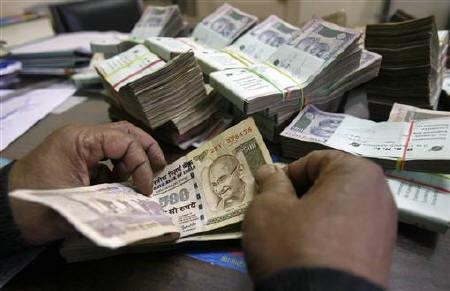The World Bank reports that only 2 billion adults in the world are "unbanked." Its new report shows a massive decrease in cash-only people outside the financial system.
Unbanked people cannot use deposits, checks, ATMs, and mortgages. The figure has skydived from 2.5 billion people in 2011.
The World Bank released its report, which was conducted along with Gallup World Poll, on April 15. The Bill & Melinda Gates Foundation funded the report, which included 150,000 people in over 140 nations.
The most unbanked region of the world is the Middle East. Only 14 percent of adults have bank accounts there, compared with the global 62 percent.
About fifty percent of the increase in "banked" people in the world occurred in China and India. However, 43 percent of bank account holders in India have not used it in the past year, according to Bloomberg.
Sub-Saharan Africa is the only region in the world where several people own "mobile money" accounts. Cellphones are linked to these accounts.
In some countries, 100 percent of those surveyed claimed that they had bank accounts. They include Sweden, Norway, Finland, and New Zealand.
The World Bank reports that increasing the number of banked people is important. People are then allows to "expand" businesses, and "invest" in education.
Also, access to credit provides various benefits. It allows people to benefit from factors such as consumption and employment.
The World Bank also examined the percentage of men and women in each nation that was unbanked. Women tend to have accounts because it allows better control of their money.
Even people without a traditional bank account can benefit from "digital wallets" linked to their cellphones. The Use of such accounts in Nigeria has made business transactions more efficient and transparent.
Until a couple years ago, seventy-five percent of sub-Saharan Africans were unbanked, according to FiveThirtyEight. However, now 12 percent of all adults there use their cellphones for non-bank money
transactions.




























